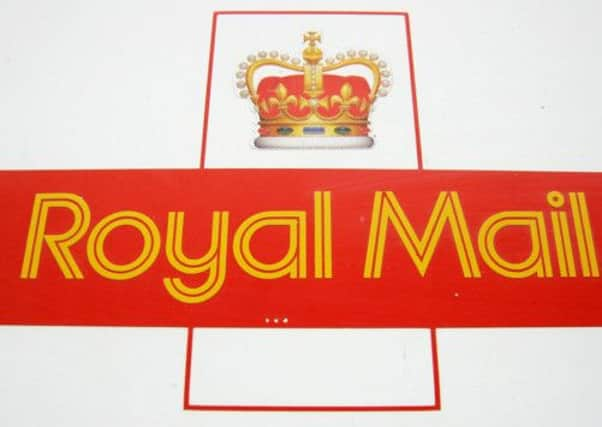Royal Mail: Chief’s pay deal adds to unrest


The news comes as Royal Mail staff are already threatening strike action over the privatisation. Communication Workers Union members at Royal Mail last week also voted in favour of the union’s claim for an above-inflation pay rise for staff, creating a stormy backdrop to getting the group out of state control.
Greene’s pay package – which is likely to inflame tensions with the union – is set to be revealed in the Royal Mail’s annual report, due out in the next few weeks. It would make her the highest-paid public sector chief executive in Britain.
Advertisement
Hide AdAdvertisement
Hide AdShe was paid £1.1m last year, including a basic salary of £498,000, a bonus of £371,000 and £200,000 in lieu of pension.
In the year to 31 March, Greene got the first tranche of a long-term incentive plan based on her performance over the previous three years. The award kicks in during March 2014.
It is understood that if she hits targets based on operating profits and return on total assets then she could make a maximum bonus of 98 per cent of her salary, or up to £488,000.
A spokeswoman for Royal Mail said: “Executive remuneration will be disclosed in the usual way in our annual report and accounts. Awards are only made following the delivery of stretching and sustainable performance.
“Royal Mail has been transformed by Moya Greene in the last three years. The business was loss-making and balance sheet insolvent. Now, all our businesses are profitable and the UK is our strongest performer.”
Meanwhile, institutional investors said at the weekend that they were apprehensive about industrial action at Royal Mail, which could compromise the attractiveness of taking shares in the privatisation.
Last week, of the 74 per cent of CWU members who voted, 96 per cent were against privatisation. Over nine out of ten votes also backed a boycott of mail handled by rival firms.
The CWU agreed to take no industrial action until a legal injunction brought by management against any inducement to action is heard this Friday.
Business minister Michael Fallon warned last month that the UK government would consider a sale of Royal Mail if a stock market flotation was blocked.